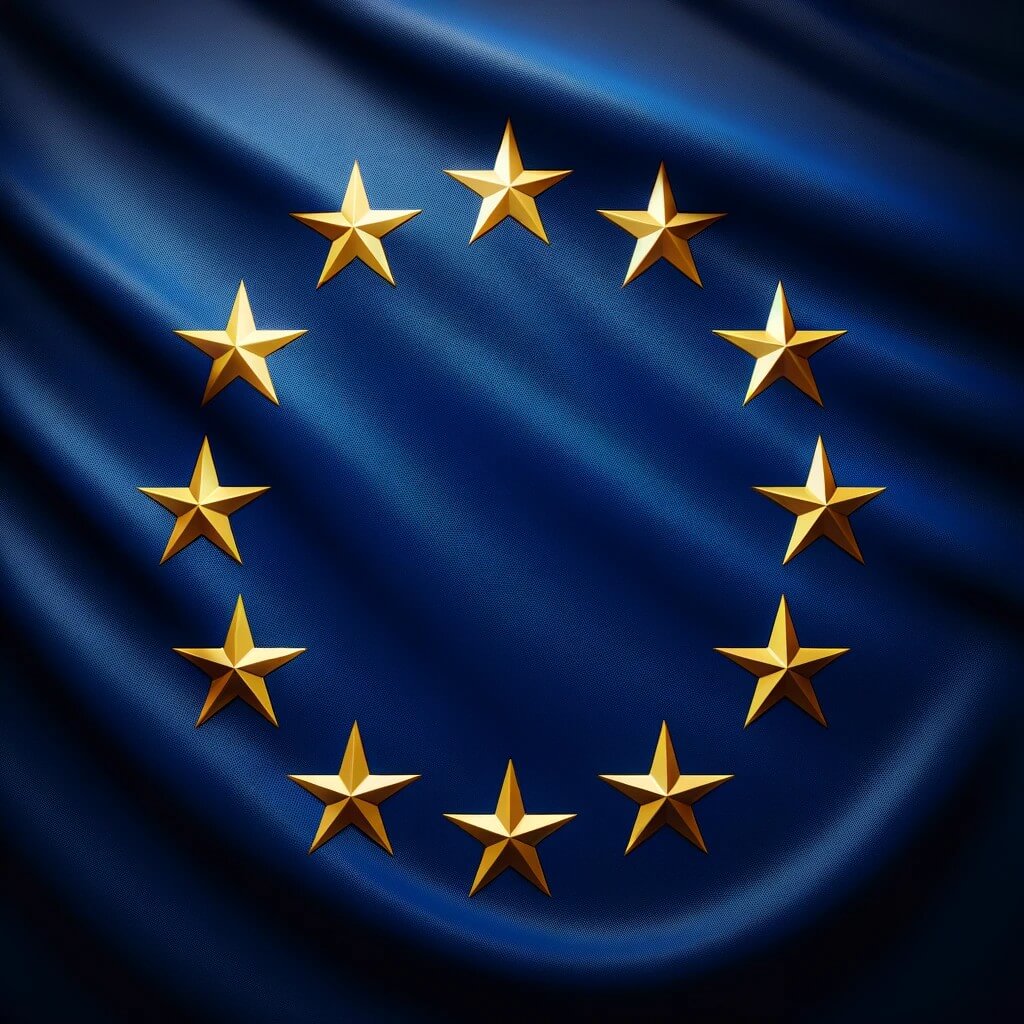The European Union is poised to adopt comprehensive regulations governing the use of artificial intelligence (AI). This development follows a consensus reached between Members of the European Parliament (MEPs) and the Council, establishing a legal framework to ensure AI technologies’ safe, ethical, and responsible application.
New European law targets invasive AI practices
Central to this legislative initiative is the balancing act between fostering technological innovation and instituting robust safeguards against potential AI-related risks. The Artificial Intelligence Act, as it stands, delineates clear boundaries to protect fundamental rights, democracy, and environmental sustainability within the European Union.
This agreement marks a significant stride in overseeing AI applications, with particular emphasis on prohibiting practices deemed harmful or invasive. The legislation prohibits biometric categorization based on sensitive attributes such as political or religious beliefs. Additionally, it restricts the indiscriminate scraping of facial images from online sources or CCTV for facial recognition databases.
The legislation further prohibits emotion recognition technologies in workplaces and educational settings and the use of AI for social scoring based on personal behavior or characteristics. This includes exploitation based on age, disability, or socioeconomic status. The move underscores a commitment to protecting citizens’ privacy and preventing the misuse of AI in manipulating human behavior.
The act mandates comprehensive fundamental rights impact assessments to address the deployment of high-risk AI systems. This measure ensures that AI applications with potential implications for health, safety, and fundamental rights adhere to stringent regulatory standards.
EU AI law limits biometric system use
Recognizing the varied implications of AI, the new regulations offer a nuanced approach to biometric identification systems. These systems will be subject to prior judicial authorization and stringent usage limitations, safeguarding against unwarranted surveillance and privacy breaches.
To foster a supportive environment for innovation, especially for smaller businesses, the legislation encourages the establishment of regulatory sandboxes. These controlled environments will allow for the testing and development of AI technologies under regulatory oversight, promoting innovation while ensuring compliance with ethical standards.
The legislation also empowers consumers, granting them the right to lodge complaints regarding AI systems infringing on their rights. This provision enhances accountability and transparency in the deployment of AI technologies.
Penalties for non-compliance
For entities failing to comply with these regulations, the consequences are substantial. Penalties for non-compliance can range up to 35 million euros or 7% of global turnover, based on the nature of the infringement and the company’s size. Lesser infringements can attract fines of up to 7.5 million euros, or 1.5% of turnover. These financial deterrents underscore the seriousness with which the European Union regards the responsible use of AI.
With formal adoption by both the Parliament and the Council imminent, this legislation is set to become an integral part of EU law, positioning Europe as a frontrunner in defining and implementing responsible AI practices on a global scale. The Artificial Intelligence Act is a testament to Europe’s commitment to ethical technology use and serves as a potential blueprint for other regions aiming to navigate the complexities of AI regulation.
Europe’s decisive action in regulating artificial intelligence represents a pivotal moment in the global discourse on AI governance. By prioritizing fundamental rights and ethical considerations, the European Union is charting a course for a future where technological advancement and human values coexist harmoniously.





